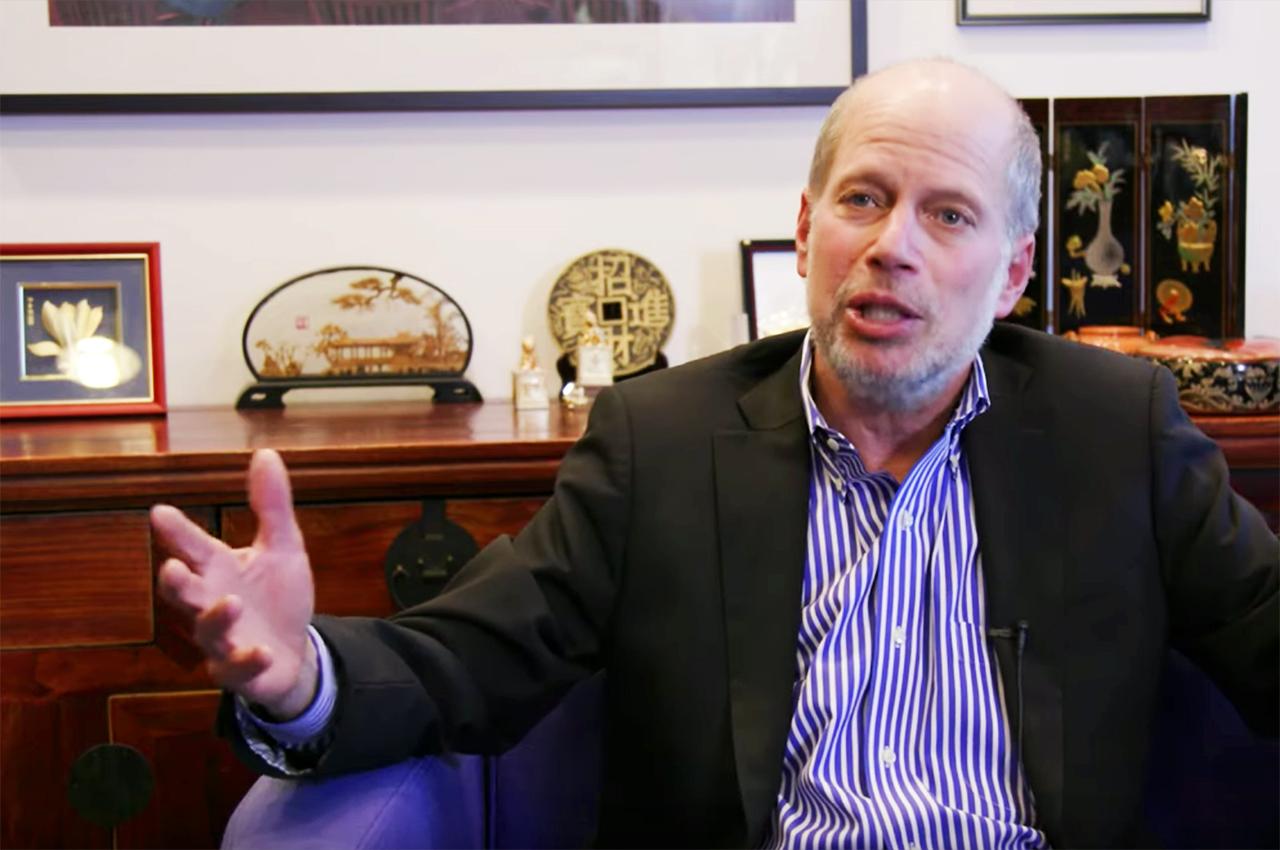What Will Whitaker Do?
Experts Report: Chicago-Kent College of Law Dean Harold Krent

TRANSCRIPT
President Trump’s firing of Attorney General Sessions after the midterms surprised
no one, but it gave rise to a host of legal and political issues that’ll be playing out in
the next couple of weeks.
The first is a legal issue. Was it legally appropriate for Trump to hire Matthew
Whitaker as the acting attorney general? It may not have been, there are different
schools of thought.
For one thing, President Trump never got the consent of Senate,
and if this position is considered as a temporary attorney general, is considered to
be a principal officer of the United States, we have to have senatorial consent.
But even if we get beyond that one issue, then there’s a question of whether the
president followed the right statutory route in appointing Matthew Whitaker. So
that’s the question of legality, there have already been court challenges, it will be
played out in the coming weeks.
But if that appointment survives legal challenge, then there’s the issue about
whether Matthew Whitaker should recuse himself. Why should it recuse himself?
He’s already criticized the Mueller investigation. He said it’s gone into the family
expenses of Trump’s. He said that should be off limits. He says he doesn’t believe
there can be an obstruction of justice. He’s already stated that he would try to wind
down the investigation by giving it less and less money. So he’s not coming at this
with an open mind. Should he recuse himself? That’s not a legal issue, that’s purely
for him to decide on whether or not it’s the ethical, right thing to do. I doubt that he
will recuse himself.
Then the real question is what will he do when he supervises this investigation? He
really has two dramatic choices: he could fire Mueller. He has the power to do that,
however, Mueller can only be fired for cause, and so a court may second guess that
determination of cause. Alternatively, he may decide to rescind the letter
appointment that Rosenstein made of Mueller and then thereby say that Mueller can
be fired for any reason whatsoever; he's not protected from at-cause dismissal.
That’s also both a legally questionable move but it’s also a politically questionable
move because it’ll have some blowback, particularly from the House of
Representatives.
So my guess at the end of the day is if there are no successful legal challenges to the
appointment and if he does not recuse himself, he’ll do what he said he would do,
which is try to starve the investigation, make it come to an end by limiting its power
and by eliminating its funding, to try to give a prod to Mueller to wrap it up as
quickly as possible. At the end of the day the big issue will be will this report be
issued to the public, will it be issued to the Congress, or will only the Department of
Justice get to see it.




